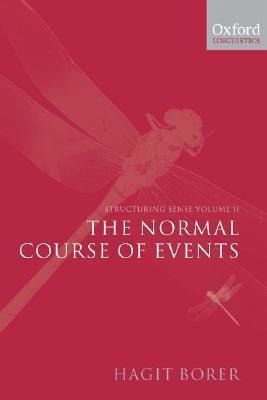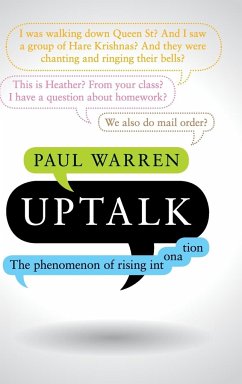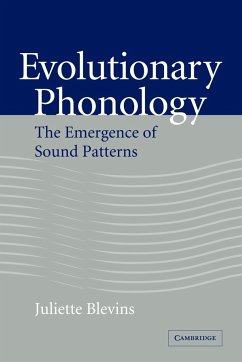
Structuring Sense
Volume II: The Normal Course of Events
Versandkostenfrei!
Versandfertig in 1-2 Wochen
151,99 €
inkl. MwSt.
Weitere Ausgaben:

PAYBACK Punkte
76 °P sammeln!
Structuring Sense explores the difference between words however defined and structures however constructed. It sets out to demonstrate over three volumes, of which this is the second, that the explanation of linguistic competence should be shifted from lexical entry to syntactic structure, from memory of words to manipulation of rules. Its reformulation of how grammar and lexicon interact has profound implications for linguistic, philosophical, and psychological theories about human mind and language. Hagit Borer departs from both language specific constructional approaches and lexicalist appr...
Structuring Sense explores the difference between words however defined and structures however constructed. It sets out to demonstrate over three volumes, of which this is the second, that the explanation of linguistic competence should be shifted from lexical entry to syntactic structure, from memory of words to manipulation of rules. Its reformulation of how grammar and lexicon interact has profound implications for linguistic, philosophical, and psychological theories about human mind and language. Hagit Borer departs from both language specific constructional approaches and lexicalist approaches to argue that universal hierarchical structures determine interpretation, and that language variation emerges from the morphological and phonological properties of inflectional material.














